As the killers who terrorised their families face execution, relatives disagree on whether that adds up to justice
While some see the death penalty as offering a measure of closure, others have been moved to campaign against the ultimate punishment

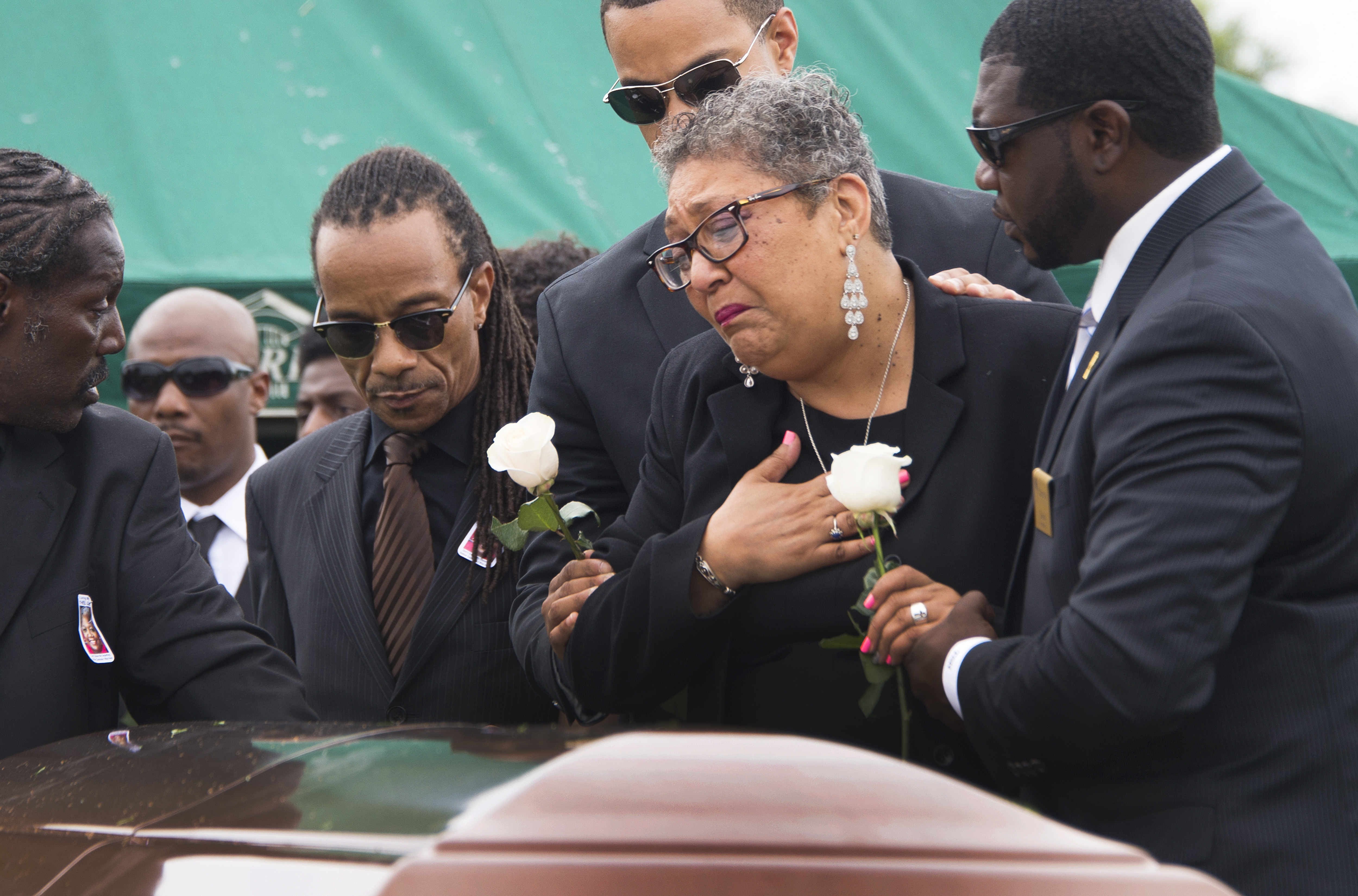
By the time Dylann Roof went on trial, Reverend Sharon Risher was already starting to have her doubts about the death penalty.
In 2015, Roof, an avowed white supremacist, shot and killed nine people at a historic Black church in Charleston, South Carolina, after they had welcomed him into their Bible study session. The dead included Reverend Risher’s mother, Ethel Lance, and her cousins Susie and Tywanza Sanders, as well as a number of dear friends. Tywanza, at 26 the youngest victim, died trying to shield Susie, the oldest at 87, from Roof’s gun.
He had tried to reason with Roof, according to witnesses, telling him, “You don’t have to do this.”
“I have to do this because you are raping our women and taking over the world,” Roof replied.
But when Reverend Risher, a former hospital chaplain, heard that prosecutors were going to seek the death penalty against Roof, she was torn. She began considering a mercy that had never occurred to her family’s killer.
“In my heart, as my mother’s child, I wanted him to be dead like her,” she told The Independent. “Going back to my Christian faith, I knew that I didn’t want that. I realised that even though he had done this horrific thing, my faith tells me that God is a God of restoration and redemption.”
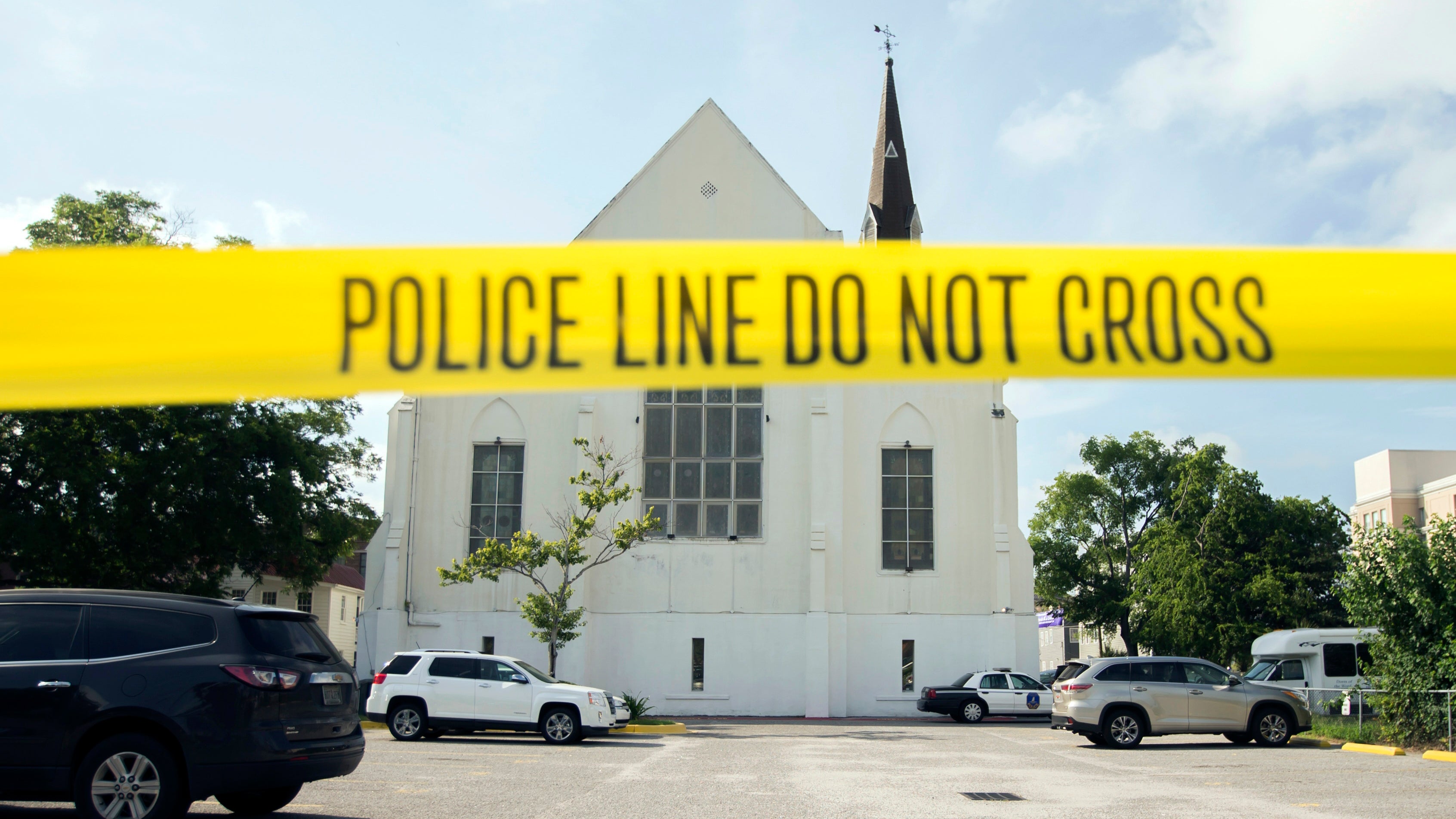
Still, she didn’t share what she was thinking about Roof’s fate just yet. Many in her tight knit community wanted to see Roof dead for what he had done. Others, like Reverend Risher’s sister Nadine Collier, had publicly expressed their forgiveness.
“I forgive you,” Ms Collier said in 2015 at Roof’s bond hearing, his first appearance in public since the massacre. “You took something very precious from me. I will never talk to her again. I will never, ever hold her again. But I forgive you. And have mercy on your soul.”
But Reverend Risher wasn’t ready to go there just yet.
“When I heard her say she forgave him, all I could do was scream and holler. That was like 48 hours after everything had happened. I was not on board with that,” she said. “I’m still in a fog trying to get my brain to even accept what had happened.”
Things began to crystallise during Roof’s trial. Knowing that the young man might be executed, Risher had decided to research more about the death penalty, and she was shocked to learn more about its history of racial bias and its enormous rate of error. She was in the courtroom the entire trial, and her mind was made up the day the jury decided on execution.
“One juror caught my eye and turned her head real quick, like she didn’t want to look at me,” she said. “Then they came back with the death penalty and I just kid of sat there, and that’s when I realised, even after all of this, I don’t want him to be put to death.”
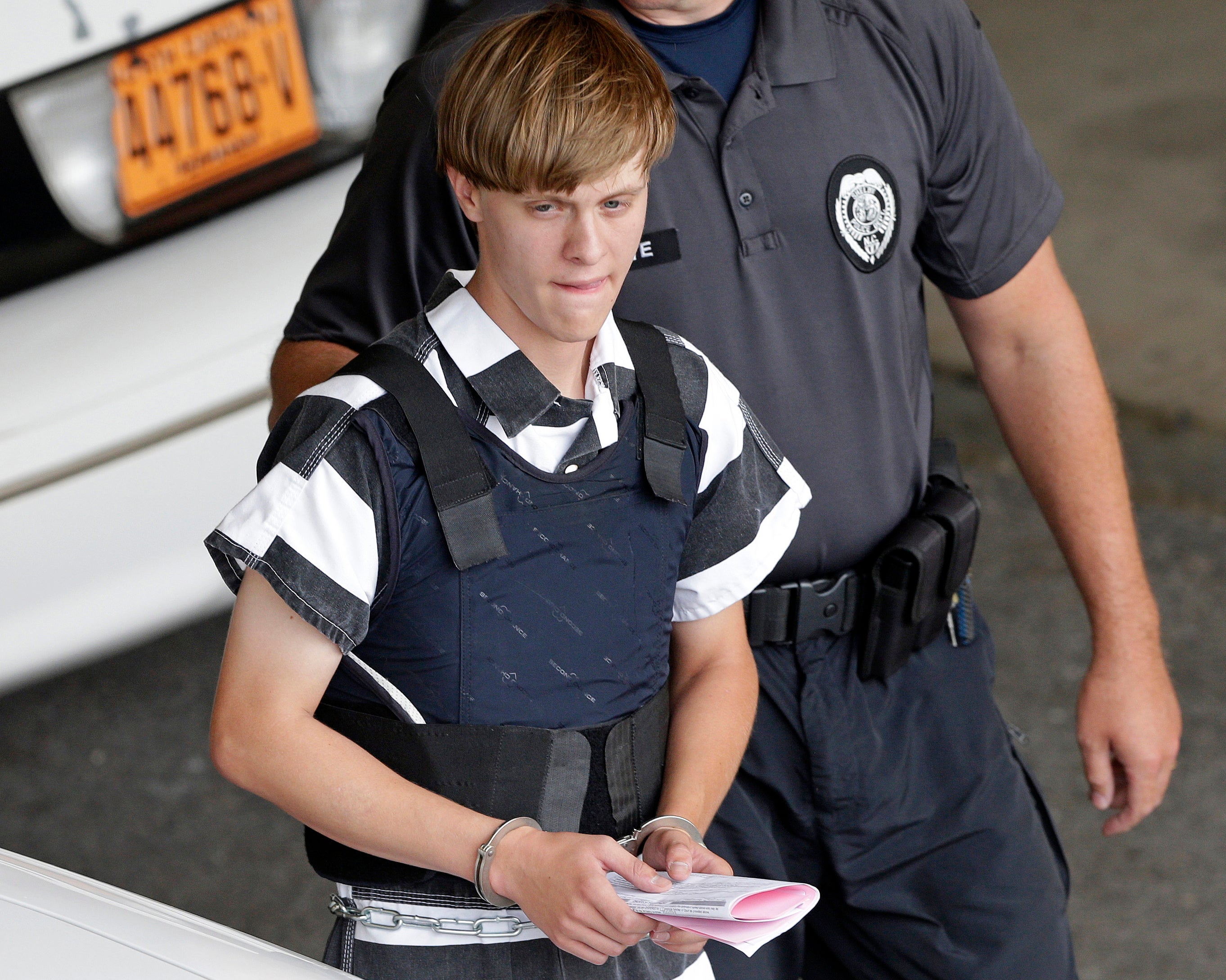
That may not matter. Roof was convicted on 33 counts of federal hate crimes and sentenced to death in 2016. This August, a federal appeals court unanimously upheld his sentence, despite arguments from his lawyers that Roof suffers from “delusion” and was wrongfully allowed to represent himself at the sentencing stage of his trial. President Joe Biden has said he personally opposes capital punishment, but his Justice Department is still pursuing the death penalty for Roof.
The death penalty is a fixture of the criminal legal system, and scholars and activists have increasingly shone a light on its arbitrariness, its inaccuracy, its roots in the ugliest parts of America racism. What gets mentioned less is the often enormous gulf between how family members and victims of the crimes at issue feel, and what that legal system delivers as punishment, as healing,
The Independent spoke with those connected to a host of different tragedies — the 2013 Boston Marathon bombing, the 1995 Oklahoma City bombing — and they have a range of opinions on the death penalty, and whether it delivers them justice. But one thing is clear: none of them felt like the process was giving them closure.
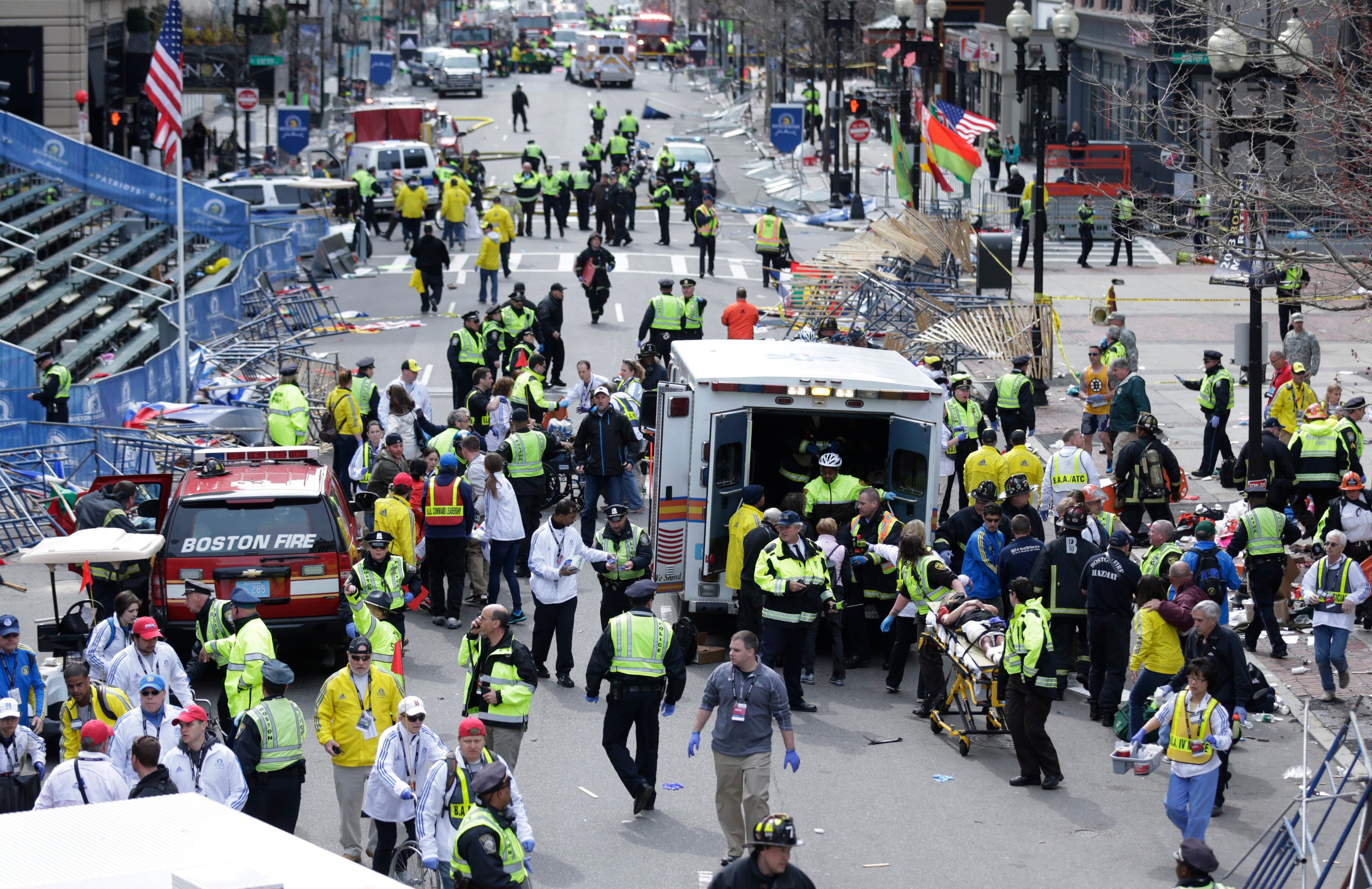
Elizabeth Norden’s son JP and Paul both lost legs in the Boston Bombing. Like Risher, she was there in person for nearly the entire trial, where one of the bombers, Dzhokhar Tsarnaev, was convicted on all 30 counts against him in 2015. Authorities called it “one of the most important terrorism prosecutions in our nation’s history.” (His brother and co-conspirator Tamerlan died in a shootout with police following the bombing.)
Norden told The Independent that a death sentence wouldn’t bring her closure — that’s not possible for her after such a tragedy — but she hopes it would have a deterrent effect on future crimes. (Evidence has not shown that the death penalty definitively drives down violent crime.)
“I’m not an eye for an eye. I’m not that type of person. I struggle with, how do you want to take somebody’s life?” she said. “But there’s not a shadow of a reasonable doubt what he and his brother did.”
She said she is understanding about why other Boston Marathon bombing families have come out against the death penalty, but for her, execution will mean one step towards healing, though it’s a process she feels will never be done.
“I’m 59. My only hope now is that I am alive to see through. How sad is that?” she said. “Will [the execution] change my life? Will there ever be closure? Absolutely not. For me, as a mother, I have suffered the deepest sadness for my sons ... How do you ever really let go of something like that? Whether he comes up in the news every single day or not, I watch my sons put their legs on.”
She’s channelled some of that pain into advocacy. Norden now runs a charity called A Leg Forever, which helps people pay for prosthetic limbs, which can cost hundreds of thousands of dollars and need to be replaced every few years. But anything short of a death sentence will not be enough to her.
“I don’t know how having him rot in prison is going to make you forget about it,” she said. “For me it doesn’t.”
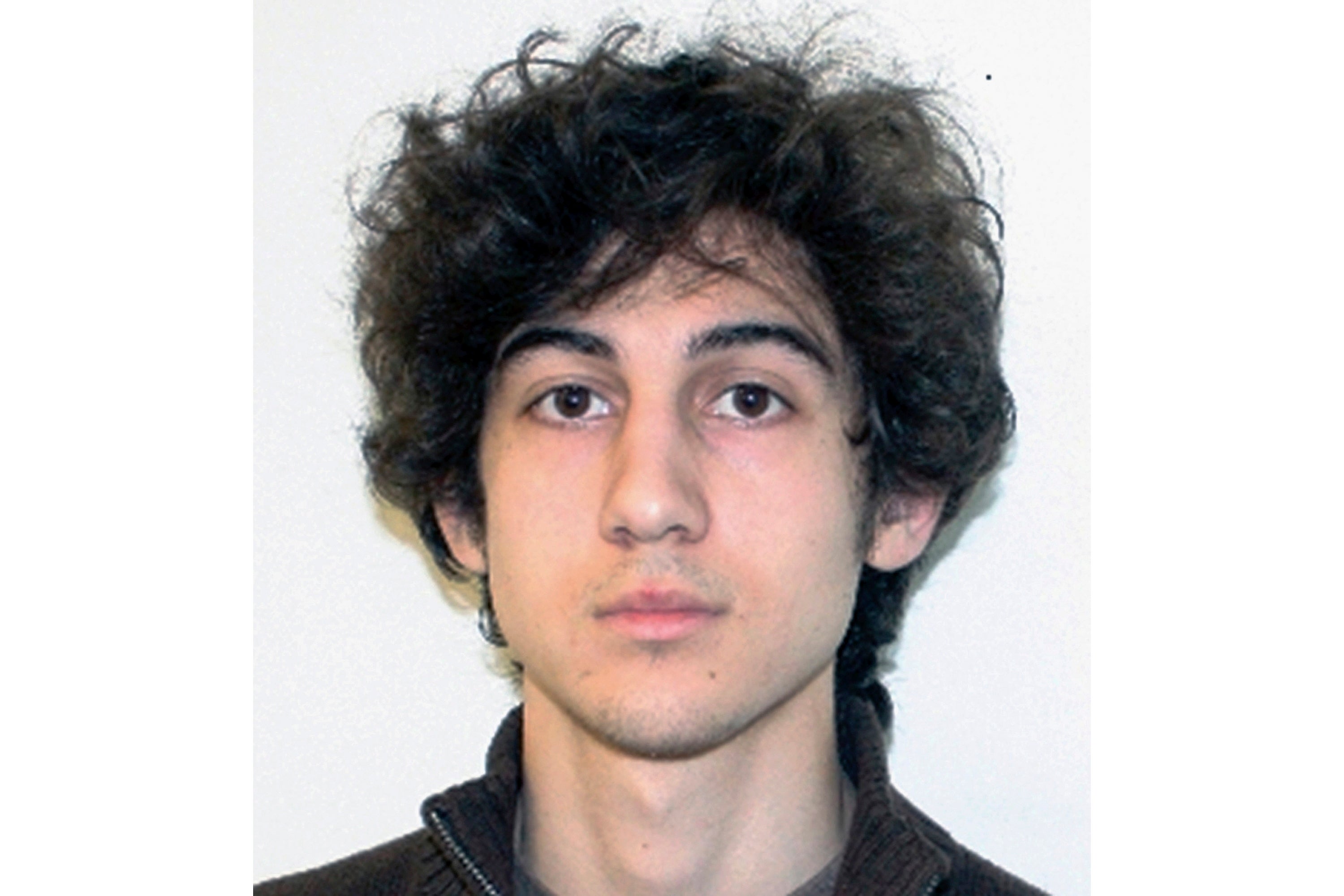
The Supreme Court seems like it may give Norden her wish. During oral arguments for an appeal of Tsarnaev’s death sentence on Wednesday, the conservative-leaning Supreme Court seemed unmoved by arguments that the terrorist didn’t have a fair trial because of alleged problems with the jury and evidentiary process. Though what a death sentence means during the Biden era, with a president who opposes capital punishment, remains to be seen.
“I’m wondering what the government’s endgame is here,” Justice Amy Coney Barrett asked lawyers for the federal government. “If you win presumably that means that [Tsarnaev] is relegated to living under threat of a death sentence that the government doesn’t plan to carry out, so I’m just having trouble following the point.”
Until the White House resolves its own feelings on the death penalty, Tsarnaev and Norden will be in a kind of mutual limbo.
For Joanne Hutchison, a survivor of the 1995 Oklahoma City Bombing at the Alfred P Murrah Federal Building, the execution of Timothy McVeigh was a huge relief.
Hutchison was about 50 feet from the bomb when it went off, and she was buried in the rubble after the blast. After the attack, she was glued to the TV and transcripts of the trial. She wanted to know what had happened, and what would happen to the man who killed 168 people, including 19 children.

Her husband got a job offer in Texas not long after the explosion, and she said she had to be “dragged kicking and screaming” away from Oklahoma City. In June of 2001, the federal government used capital punishment for the first time since 1963 and executed McVeigh. Hutchison went for a drive with the windows down and felt a weight off her shoulders.
“It was an extreme relief to me that he wasn’t where he could get out and do it again and do this to other people,” she said.
She knows that political attitudes around the death penalty are shifting, but she’s still steadfast in her support. Men who kill innocents and children don’t deserve to be alive, she believes, and it still stings for her that McVeigh’s accomplice, Terry Nichols, is alive and in prison, being sustained by the US taxpayer. It feels like an insult to everything she has gone through.
“It’s impossible for someone to know how it affects people who were injured, lost loved ones, even survived. It’s truly a trauma,” she said. “I don’t think any of us realised what a trauma this was. We were in shock. Even our spouses, our family members—they’ll never understand exactly what we went through. And we don’t want them to. We don’t want anybody to have to go through what we did.”
Hutchison has met with 9/11 families, and she says when you look into the eyes of someone who has been through such a unique horror, you can tell you understand each other at a level where words aren’t even necessary.
“You get it. You understand, just by looking at them,” she said.
The death penalty process, however, is a trauma unto itself for some. Jonathan Mann’s father John Mann was brutally murdered in 2017 in Ohio by a man named Thomas Knuff. Mann says the lengthy capital process, which often lasts for decades, has meant he has to keep reliving one of the worst moments of his life.
“I just have to relive the horror over and over of what happened to my dad because this hasn’t been put to bed,” he said.
More than tough justice, what Mann wanted after his father’s death was support. Gas money driving to and from the various trials and appeals has been a major cost, and he wasn’t eligible for the federal programmes that exist to support crime victims. He couldn’t afford to bury his father, but he didn’t qualify for funerary assistance because his father had used drugs. Mann didn’t qualify for counselling assistance, either.
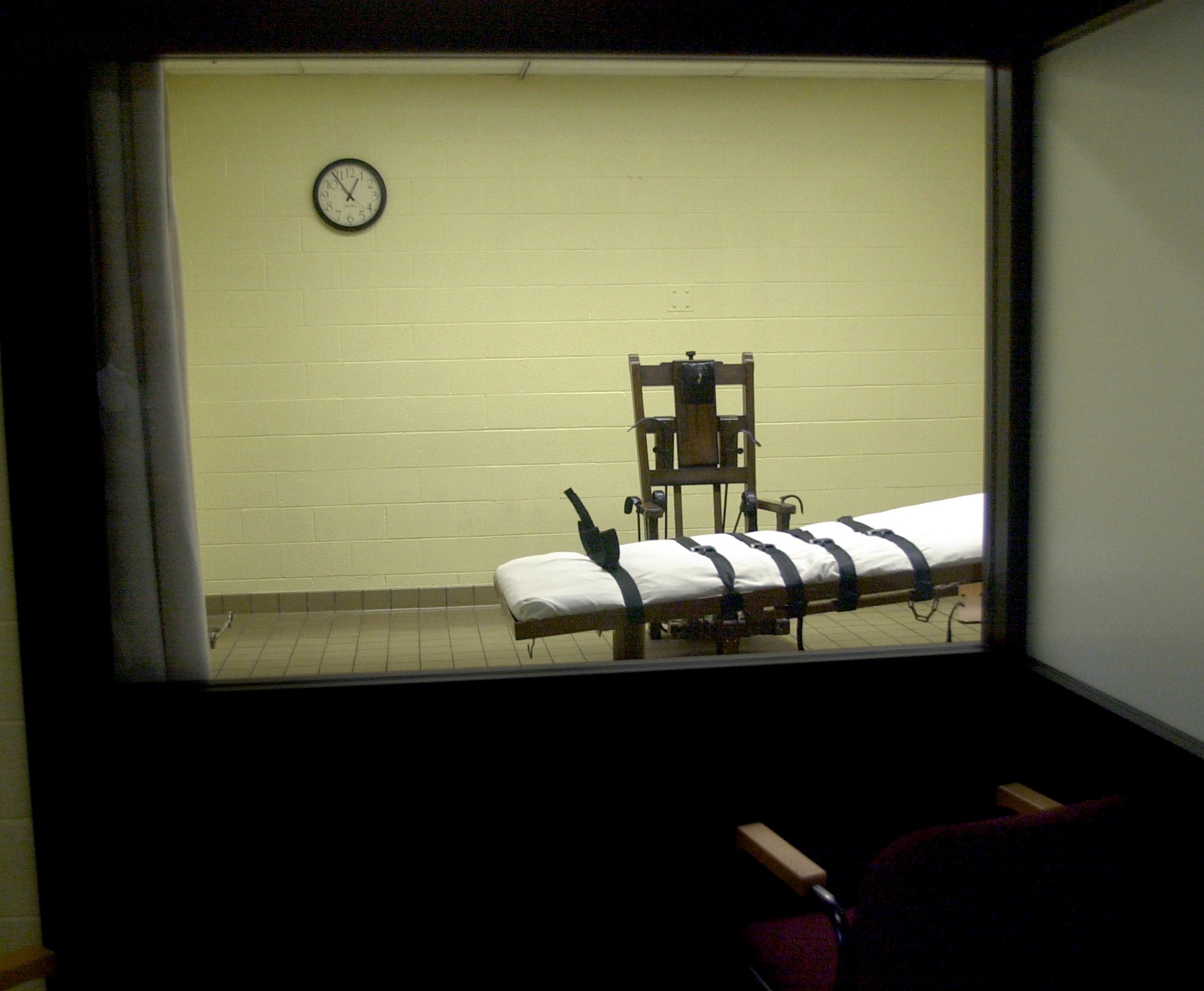
“The system has failed us,” Mann said. “My experience is not atypical.”
Mann, who supported the death penalty before it became an unwanted presence in his own life, is now vice chair of Ohioans to Stop Executions, a criminal justice advocacy group.
Reverend Sharon Risher has turned towards activism, too. She regularly speaks about ending the death penalty and ending gun violence on behalf of groups like Death Penalty Action and Moms Demand Action.
There’s a certain historical irony to what she’s doing. The death penalty shares roots with lynching in America, and has always been disproportionately applied to Black people like her. The Charleston shooting happened on a street named for John C Calhoun, a South Carolina statesman who was one of slavery’s most vocal defenders. Dylann Roof is the first person in US history to be sentenced to death on federal hate crimes charges. So to work against his death sentence represents a wholly new historical dynamic. But to be a Black woman fighting to keep a racist punishment from killing a racist white man is worth it to her.
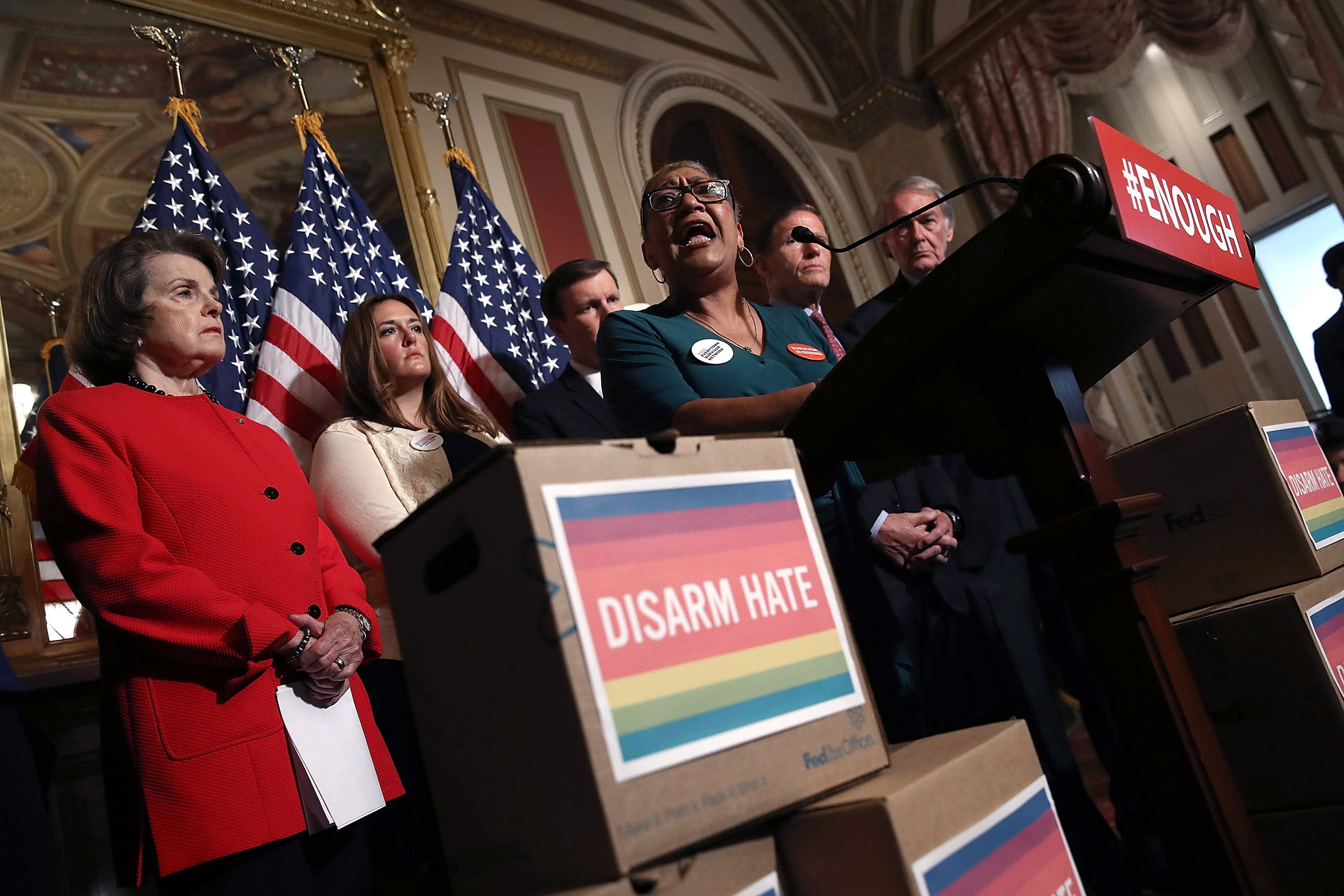
“I understood that the death penalty was given more disproportionately to Black and brown people than it was to white people, I did my research, started to look at things,” she said. “I didn’t want the death penalty for anybody. He just happened to be in that group.”
That is, a human being.
If there’s one thing that unites all of these survivors, it’s that no matter what they believe about the death penalty, they feel no one should have to experience the pain they have in their own lives. Their methods for achieving that goal are different, but they have all, in some form, fought the best way they know how to make the world one that honours the people with that unique look in their eye that says they’ve been through something unimaginable.
The Independent and the nonprofit Responsible Business Initiative for Justice (RBIJ) have launched a joint campaign calling for an end to death penalty in the US. The RBIJ has attracted more than 150 well-known signatories to their Business Leaders Declaration Against the Death Penalty - with The Independent as the latest on the list. We join high-profile executives like Ariana Huffington, Facebook’s Sheryl Sandberg, and Virgin Group founder Sir Richard Branson as part of this initiative and are making a pledge to highlight the injustices of the death penalty in our coverage.
Join our commenting forum
Join thought-provoking conversations, follow other Independent readers and see their replies
Comments



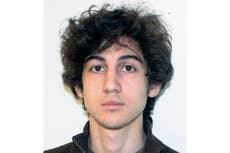

Bookmark popover
Removed from bookmarks